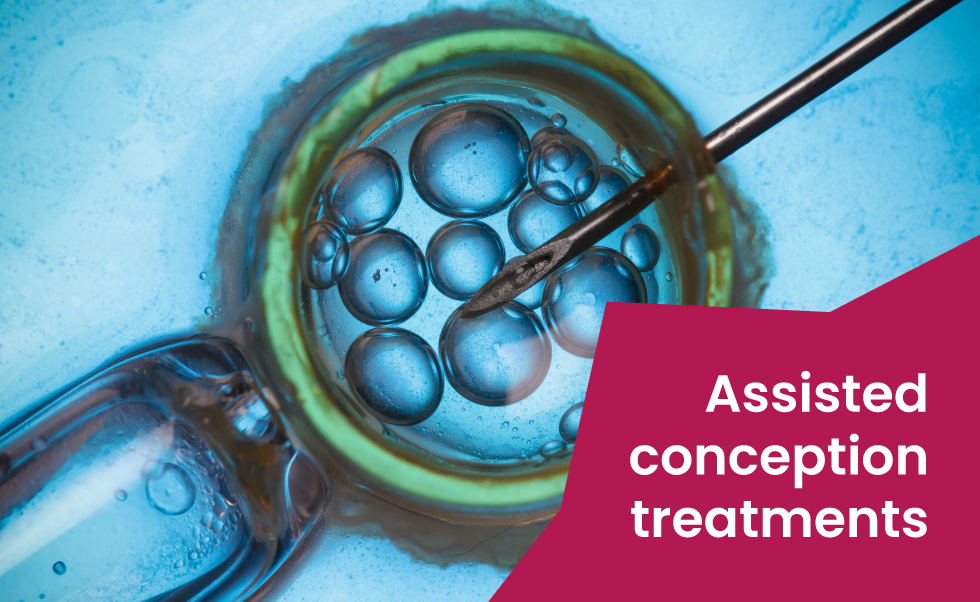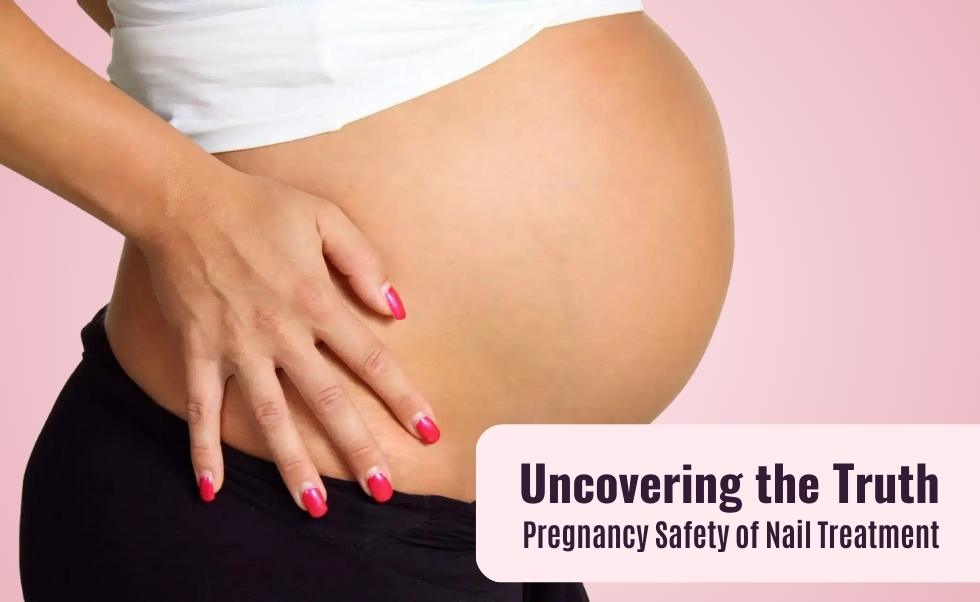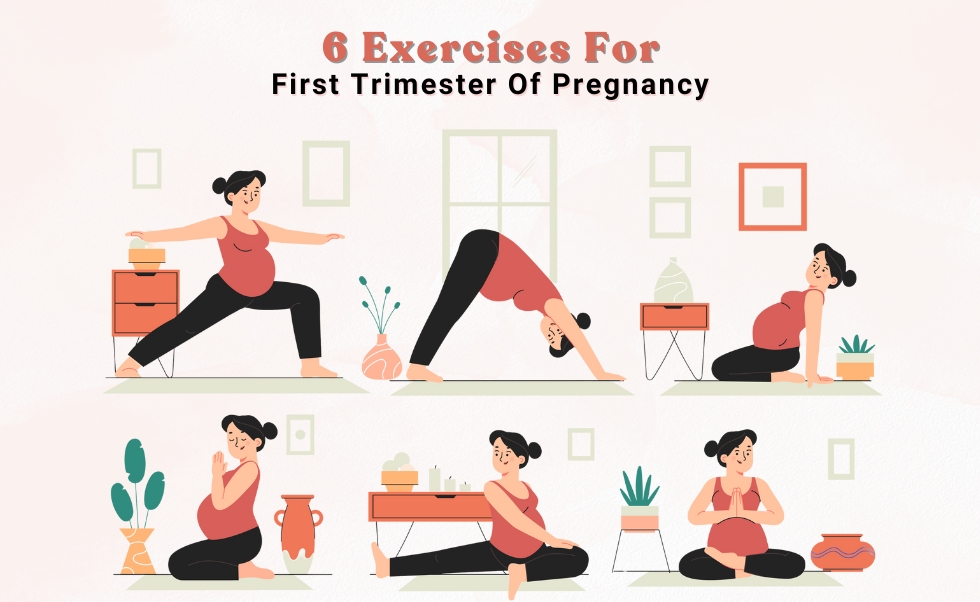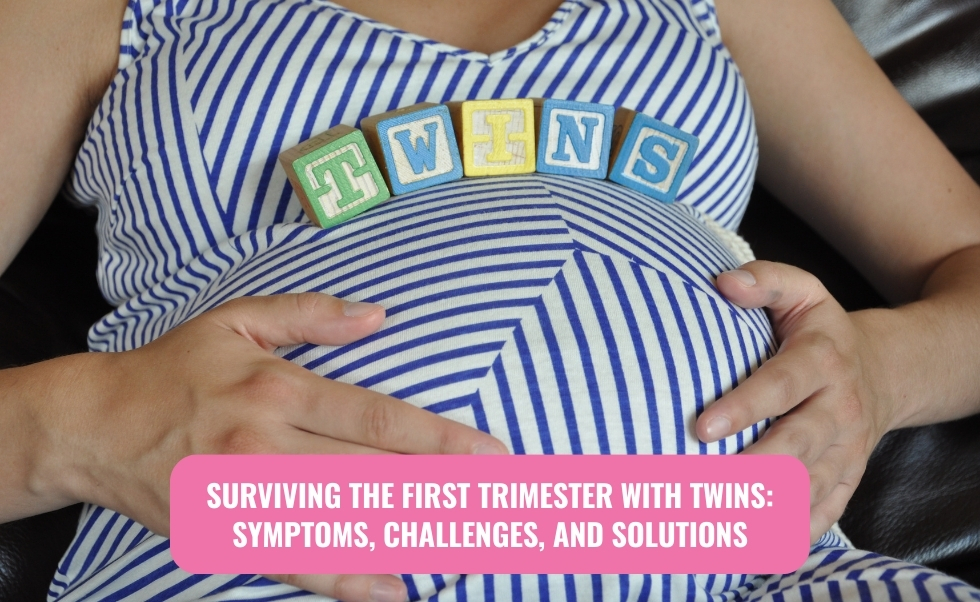In a country as diverse and culturally rich as India, social, emotional, and even cultural factors can influence the path to conception. As you embark on this journey, you may find yourself exploring assisted conception treatments, a path that more and more Indian women are considering today.
What is The Reality of Assisted Conception in India
For centuries, the idea of motherhood has been deeply woven into the fabric of Indian society. It is celebrated, revered, and often seen as a rite of passage for many women.
Yet, when the journey to conceive takes longer than expected, it can become a source of quiet distress, whispered in hushed tones. In a society where fertility is often closely tied to a woman’s identity, discussing difficulties in conceiving can still be a sensitive topic.
However, times are changing, as is the perception of assisted conception treatments in India. While some taboos and reservations may still exist, these methods are becoming increasingly common and accepted. With advancements in medical science and greater awareness, many Indian women are now embracing assisted conception as a viable and effective way to fulfill their dreams of motherhood.
Types of Assisted Conception Treatments Available

Understanding the types of assisted conception treatments available can be a crucial step in deciding what might be the best option for you. Here’s a closer look at some of the most common treatments:
Intrauterine Insemination (IUI)
IUI is often one of the first steps in assisted conception. It involves placing washed and concentrated sperm directly into the uterus around the time of ovulation. This procedure increases the chances of sperm meeting the egg. IUI is less invasive and more affordable compared to other methods, making it a popular choice among couples in India, especially those who are just beginning their journey with assisted conception.
In Vitro Fertilization (IVF)
IVF is one of the most well-known assisted conception methods. It involves retrieving eggs from the ovaries and fertilizing them with sperm in a lab. The resulting embryos are then transferred into the uterus. IVF has become increasingly accessible in India, with numerous clinics offering this treatment across the country. The success rate of IVF has improved significantly over the years, making it a hopeful option for many couples.
Intracytoplasmic Sperm Injection (ICSI)
ICSI is a specialized form of IVF that is particularly useful in cases of severe male infertility. In this procedure, a single sperm is injected directly into an egg to achieve fertilization. ICSI is commonly used when traditional IVF may not be sufficient, offering another layer of hope to couples facing specific fertility challenges.
Egg and Sperm Donation
For some couples, donor eggs or sperm may be recommended. This can be due to various reasons, including age-related fertility decline, genetic concerns, or the absence of viable eggs or sperm.
While the idea of using donor gametes can be difficult for some to accept, it is an option that has helped many Indian couples achieve parenthood. Cultural acceptance of this method is growing, although it still carries some sensitivity in more traditional settings.
Surrogacy
Surrogacy involves another woman carrying and giving birth to a baby for a couple who cannot conceive or carry a pregnancy themselves.
In India, surrogacy has been a topic of much debate and regulation, especially with the introduction of the Surrogacy (Regulation) Bill. However, it remains an option for those who meet the legal criteria, offering a pathway to parenthood for many.
The Cultural Perspective
The pressure to conceive can be immense, especially from older generations who may hold traditional views on fertility. However, it’s important to remember that seeking help through assisted conception is a personal decision, one that should be made with the support of your partner and medical professionals.
While taboos around fertility treatments still exist, there is a growing acceptance, especially in urban areas, where access to education and healthcare is better. As more success stories emerge, and as women like you continue to share their experiences, the stigma surrounding assisted conception is gradually diminishing.
Embracing Possibility
Whether conception happens naturally or through assisted conception, what matters most is the love, care, and dedication she brings to it. Assisted conception treatments are not just about science; they are about giving her the hope and opportunity to experience the joy of motherhood.
If you explore these options, know you are not alone. Many women in India have walked this path and have gone on to build the families they dreamed of. Contact trusted medical professionals, educate yourself on available options, and most importantly, stay hopeful. Your journey to motherhood is your own, and with the right support, it can lead to the most beautiful destination.







